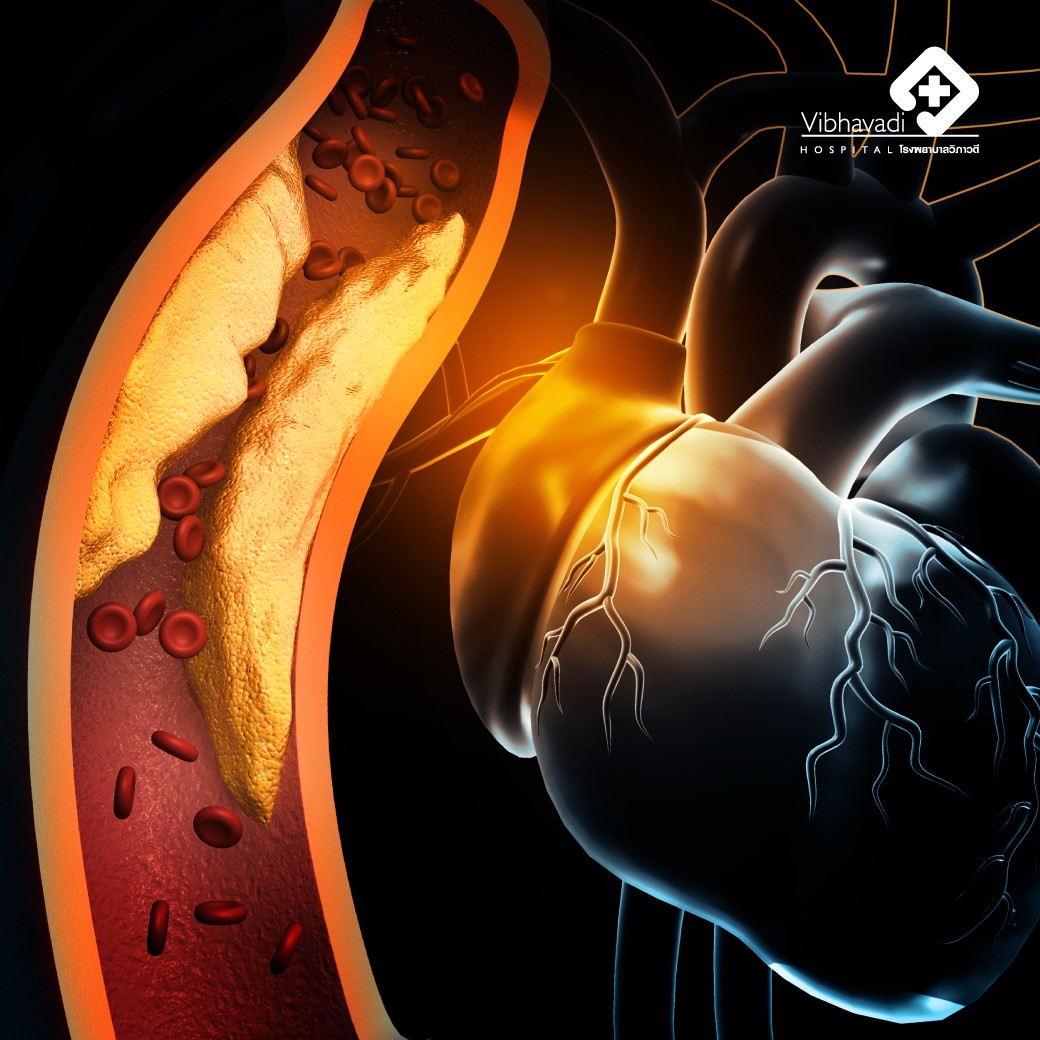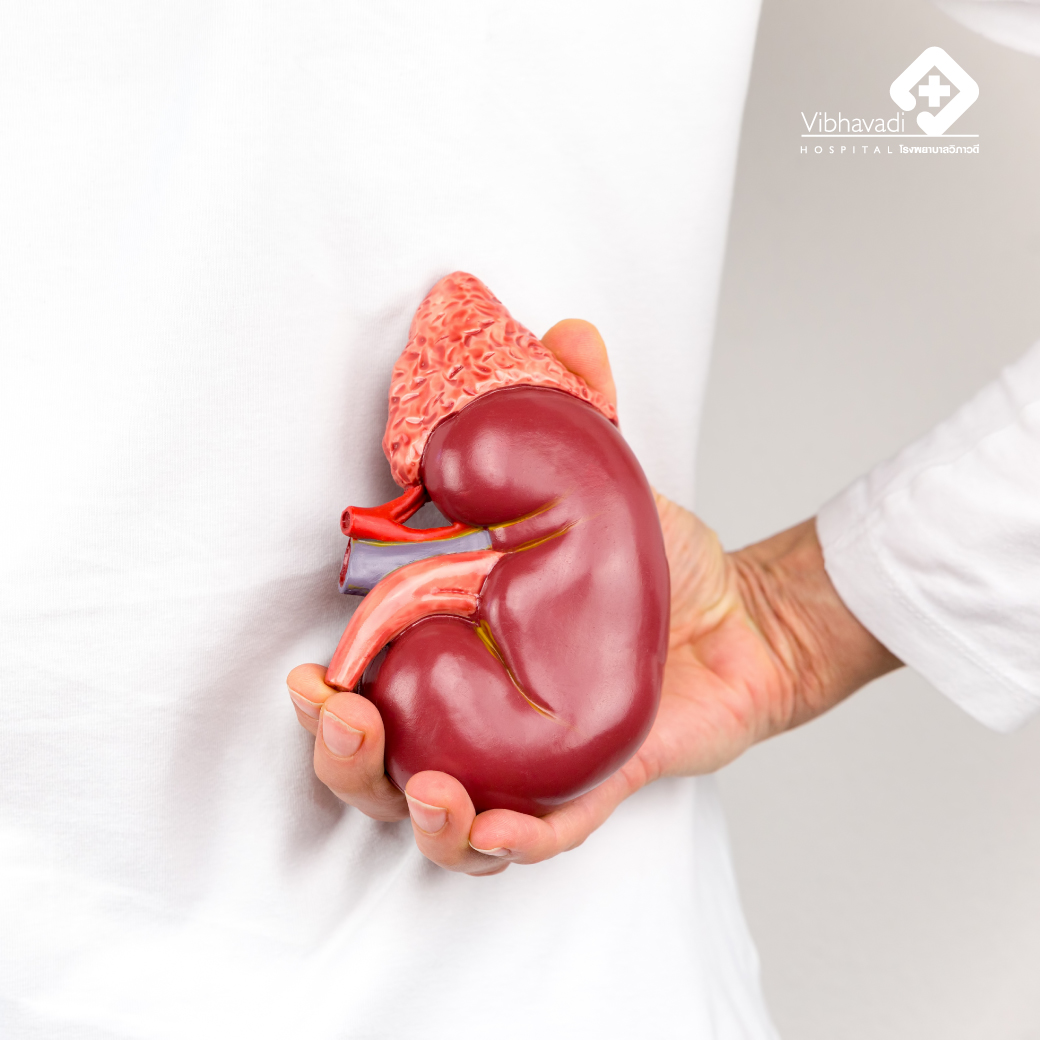Is weight loss surgery good or not?
Obesity is not just a physical characteristic but is now classified as a chronic disease due to chronic inflammation and compromised immunity that leads to metabolic disorders such as diabetes, high blood pressure, high cholesterol, heart disease, liver disease, kidney disease, and even some types of cancer.
The World Health Organization uses Body Mass Index (BMI) to diagnose obesity, which is calculated by dividing weight (in kilograms) by the square of height (in meters), with a BMI greater than 30 kg/m2 indicating obesity.
Obesity in Thailand has seen a significant increase, with combined level 1 and level 2 obesity accounting for 35% in 2009. The lifestyle and dietary habits of this era have led to an increase in the number of obese patients.
Weight loss surgery is currently the most effective treatment for obesity, rapidly reducing weight, controlling weight long-term, and improving associated diseases like diabetes and sleep apnea.
Commonly used weight loss surgeries include:
- Sleeve gastrectomy, a laparoscopic surgery that reduces the size of the stomach to about 20% of its original size, reducing food intake and adjusting hormones to reduce hunger.
- Pros: Rapid and significant weight loss, long-term weight control, low complication rate.
- Cons: Not suitable for those with acid reflux or those who have previously had gastric banding.
- Gastric bypass surgery, a laparoscopic procedure that reduces the stomach size and reroutes the small intestine to reduce nutrient absorption.
- Pros: Greater long-term weight loss and control than sleeve gastrectomy.
- Cons: Possible malabsorption issues, lifelong need for nutritional supplements, more complex surgery with potential complications.
















